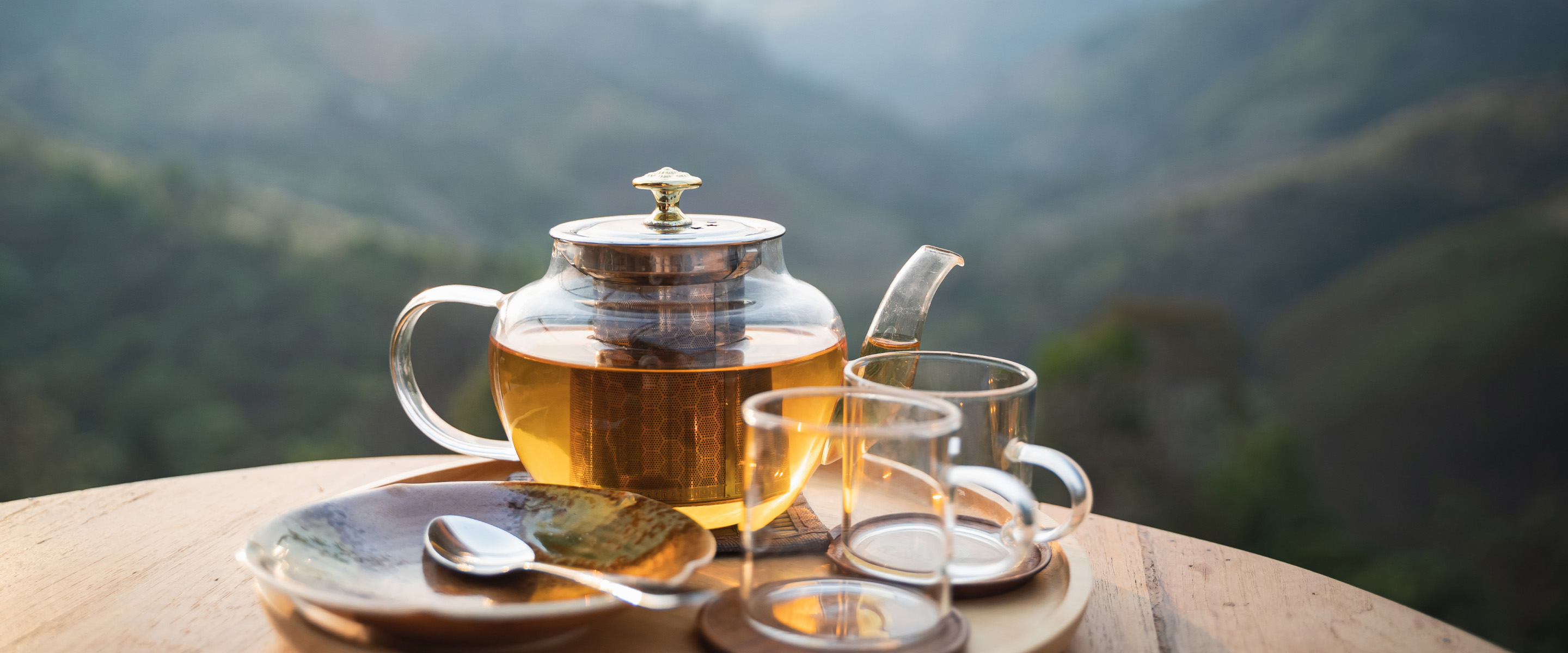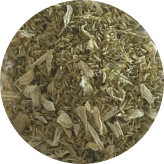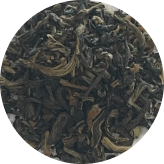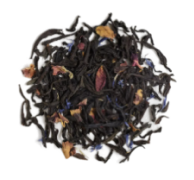Altitude & Terroir: Why Elevation Matters in Himalayan Tea
High altitude matters in tea because it causes the plants to grow more slowly in cleaner, mineral-rich environments, leading to higher antioxidant levels, deeper flavor, and greater wellness benefits — a result of pure terroir, not mass production.

Introduction
Tea is often described by what you taste; it’s rarely explained by why you taste it. Character, lift, even that clear-headed feel — these come from more than the leaf.
In the world of Himalayan tea, altitude isn’t just scenery — it’s science. The extreme elevation of Ilam, Nepal (1,400–2,000 meters above sea level) shapes every part of the tea-growing process, from soil composition and climate to plant stress response and antioxidant development.
This phenomenon has a name: terroir — the unique fingerprint that geography, climate, and environment leave on the plants we consume.
Here’s why altitude is the secret ingredient behind the purity, potency, and depth of Himalayan tea.
1. Slower Growth = Higher Potency
At high altitudes, tea plants grow more slowly. The colder temperatures, thinner air, and reduced oxygen cause the metabolism of the plant to shift — leading to denser concentrations of secondary metabolites, like:
- Polyphenols: Known for their antioxidant power
- Catechins: Linked to immunity and detoxification
- Flavonoids: Support circulation, cognitive health, and cellular repair
Slower growth allows these compounds to build up gradually, without being rushed to harvest. The result is a leaf that’s more potent in both taste and functional clarity — as supported by research showing altitude increases antioxidant levels and flavor compounds.
2. Terroir: The Science of Place
The term terroir, borrowed from wine and coffee, describes how a region’s altitude, climate, soil, water, and farming practices shape the final product.
In Ilam, the terroir is distinctive:
- Elevation: 1,400–2,000 meters — ideal for building flavor and antioxidants.
- Soil: Volcanic, mineral-rich, and never overfarmed
- Air: Crisp and clean, far from industrial pollution
- Rainfall: Evenly distributed
- Sunlight: Strong days and cool nights create rich flavor profiles
These environmental stressors help plants adapt — which then translates into deeper sensory and subtle energetic qualities in your cup.
3. Cleaner Air, Cleaner Tea
Growing tea at altitude means escaping industrial pollutants, pesticide runoff, and overuse of fertilizers. The water often comes from glacial melt or underground springs — contributing to a clean, mineral-rich cultivation environment.
While this supports flavor and safety, I don’t make medical claims here — but it’s fair to say it’s organically pristine by nature.
Learn more about the importance of origin: From the Source: The True Origin of Himalayan Tea
4. Stronger Plants = Stronger You
Plants under mild elevation stress produce more protective compounds for survival. It’s natural resilience — not medicinal branding. When you drink these teas, you taste that strength and depth. Terms like “adaptive” or “supportive” can subtly hint to wellness benefits without claiming treatment or cure — keeping within compliance.
5. Flavor You Can’t Fake
High-altitude tea flavor has more layers:
- Complex floral, mineral, honeyed notes
- Natural sweetness without added flavor
- Less astringency than mass-market tea
- A "clean" energy signature that resonates as clarity and groundedness
These are sensory observations, safe and experience-based, not health claims.
Elevation Is Everything
In wellness, the source matters. When it comes to tea, altitude transforms — from how the plant grows to how the body (and mind) responds.
Himalayan tea isn't just grown — it’s shaped slowly by the mountain. By drinking it, you're not just tasting nature. You're participating in it.
That’s why we source exclusively from high-altitude, organic farms in Ilam — not for marketing. For meaning. Because real presence begins at the root.
Questions? We’ve Got You Covered
Our Organic Tea Collection
SILVER ESSENCE
Crafted from tender, silvery buds grown in Ilam, it brews pale and silky with a honey-flower whisper. Expect a clear, gentle focus and a finish that stays smooth from first to last sip.
CHAMOMILE BLISS
Crafted with chamomile, moringa, and mango leaf — a soothing blend to ease the mind and restore calm.
THE GOLDEN TEA
Made from tender tips grown on Ilam’s terraced slopes, it pours smooth with soft malt and a warm, fruit-tinged finish. It’s the everyday brew for a steady middle — comforting without heaviness.








